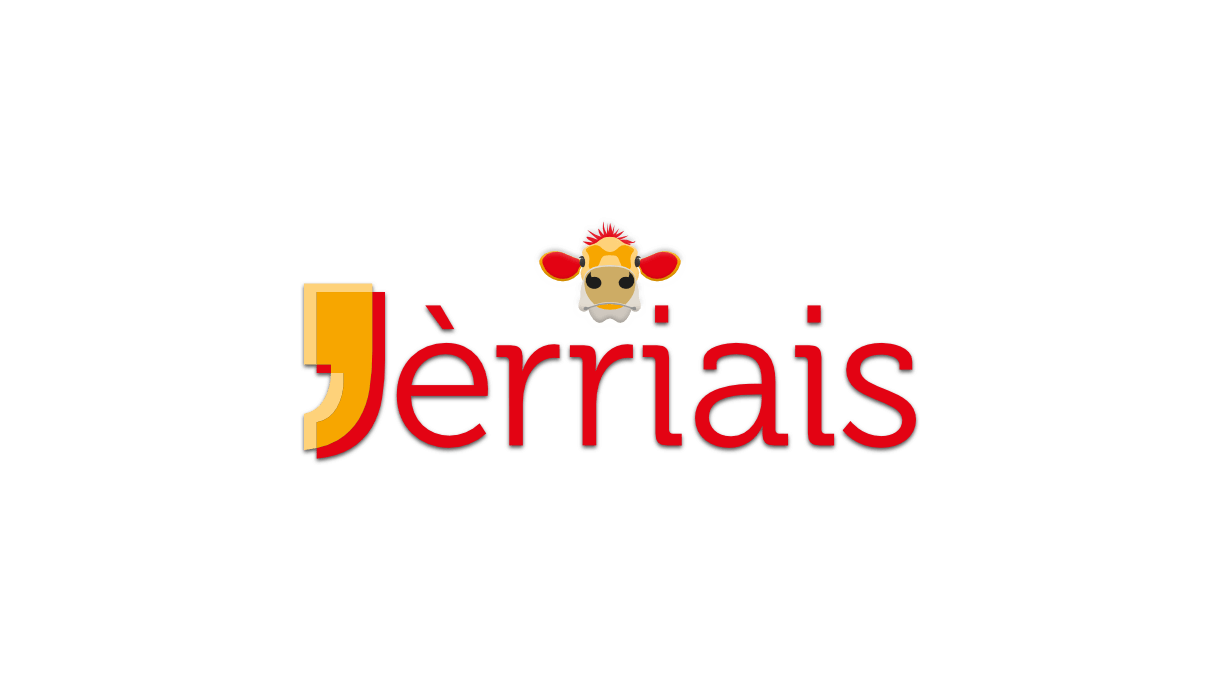On Friday 9th October 2015, Jèrriais will be featured in a multimedia show in Mons, Belgium, as part of the celebrations of European Capital of Culture. The multilingual presentation will be staged at the Natural History Museum in Mons.
As part of an international project, under the umbrella of “Mons 2015 European Capital of Culture”. to bring together writers in lesser-used Oïl languages, Geraint Jennings was invited to contribute to a multi-author collaborative writing project. Each author was given a starting point for the story and the two leading characters and tasked with writing, in their own language, a part of the adventure as the two characters travelled across Europe through their country and region. The literary launching pad was the legend about the dragon of Mons and the magic of language.
Geraint Jennings’ contribution to the project recounts the characters’ adventures at La Hougue Bie (including the legend of the dragon) and the Jersey War Tunnels, bringing in Jersey’s present and past, from the prehistoric to the Occupation, and how language has been used – including the use of Jèrriais as a language of resistance 1940-1945.
Each of the contributions has subsequently been woven together to make a picaresque journey through territories where Oïl languages are spoken (as the title of the work explains: “Voyage en Oïlie”) – from Belgium, France, Switzerland and Jersey, in languages including Walloon, Picard, Lorrain, Champenois, Gallo, Bourguignon-Morvandiau, Poitevin-Saintongeais – combining legends, history and heritage from each.
Authors and locations have been filmed. A crew came to Jersey in August 2014 for film at La Hougue Bie, the War Tunnels and other locations around the Island. The filmed material from each author has been edited to create a staged multimedia presentation, and the texts have been arranged and compiled to make a book with illustrations.
“Voyage en Oïlie” has been produced by theatrical company La Roulotte théâtrale with contributions from Belgian state broadcasting, the Belgian committee of the European bureau for lesser-used languages, Èl Môjo dès Walons, and the Service for Regional Endogenous Languages of the Wallonia-Brussels Region.




